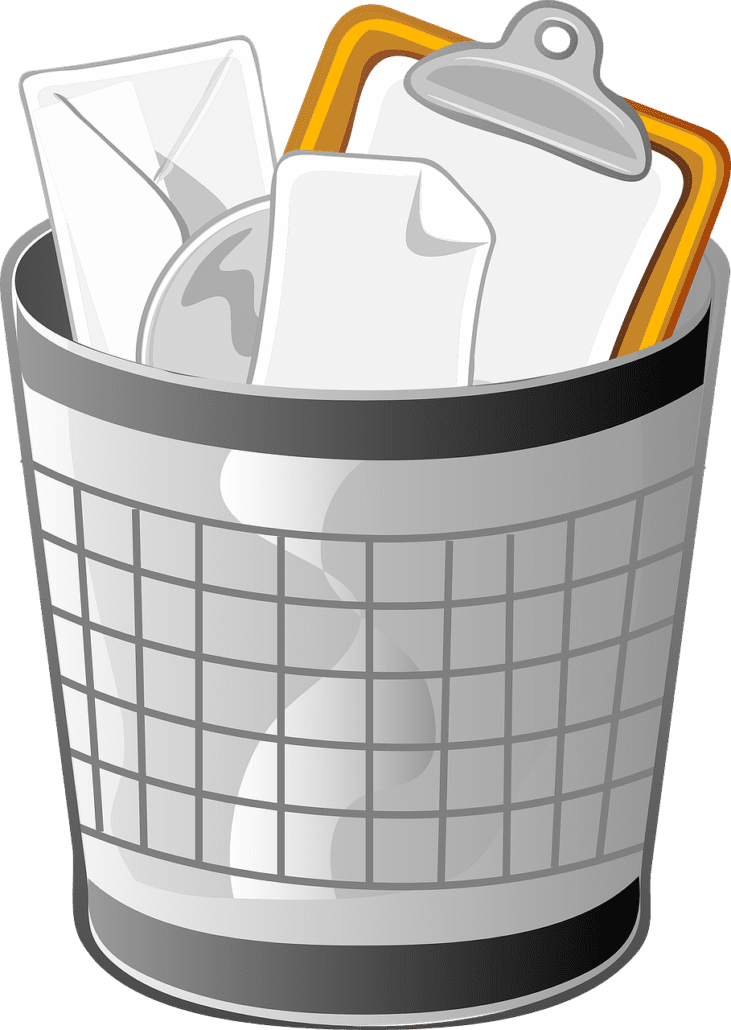

If this last year has taught us nothing else, it’s that work can be recorded in so many different ways.
Karl (MRMICT) argues that there are so many ways to record children’s learning, the key is that they can recall it.

A recent conversation with a friend and talking in particular about Alex Bedford’s Pupil Book Study got me thinking. Now I haven’t yet read Pupil Book Study, it’s on my list though, but I understand it is about looking at children’s books and work differently. This blog post is more about the potential of ditching the books and thinking more about what and how you record learning.
I’ll be upfront from the beginning, I’ve asked children to record things in the books, that on reflection and if I’m completely honest, amounted to nothing more than handwriting practice. So why?
The dreaded ‘O’, I think so much of what we do is dictated, on a subconscious level, by Ofsted, or what Ofsted might think. Which I appreciate is hard for schools who are doing incredible things but because being judged Good or RI feel they lack the freedom to experiment where other schools can.
In writing moderation and even talking to my class I’ve said your work should, ‘make you look like your best self’. Now I realise the inappropriateness of my phrase. Just because a child’s handwriting or presentation skills are perceivably poor or untidy, who am I to suggest they haven’t learned anything? But I’ve heard it uttered hundreds of times… ‘if it looks good, the reader already has a better view of it,’ which is deplorable.
This then is where things get interesting. From my limited understanding, the Pupil Book Study is about standardising a way to assess learning through pupils’ books in a more balanced and perhaps fairer way (bearing in mind I haven’t read it yet). There is a lot there I like.
However, this got me thinking. As teachers, we are obsessed with something ’nice’ going in the child’s book. How many times have you seen or done a cut-and-stick timeline from a certain website to evidence chronology? Is it learning? Is it even evidence the children have learned anything other than cutting and sticking in? Then there’s the human timeline, again a nice activity, you take a picture, then stick it in books. But if I ask honestly, how do I know the children understand chronology or the significance of each event? But also why do we stick it in if the children could recall the learning verbally.
In my opinion, this then is where a smarter and more intelligent approach to recording comes in. I think as a profession we need to ask a serious question, what is the purpose of the children’s books, particularly in an increasingly digital world? We’ve seen over the past year how schools and colleges have embraced a more efficient and at times creative method of recording learning. It’s this then for me that answers my previous question, we are trying to capture learning, in episodes, to show progress.
So what’s the alternative? I think as a class teacher it can be hard to take such a transformative stance and make change without SLT backing, but SLT reading this perhaps it might be worth taking a leap of faith and giving it a go.
Let’s imagine you use Seesaw, Google Sites, Showbie, or some other alternative. Your teaching the Romans in Y4 you want to remind the children of where they fit in time, you can get iPads, Chromebooks, or whatever out and children can access their work on Stone Age Britain in Y3. Looking at their portfolio and watching videos, reading presentations, or work that THEY created in Y3 rather than being told. This wouldn’t be possible as it’s unlikeliest all books are kept each year. You’re teaching life cycles of a frog in Y2 then again in Y5, why not get the digital portfolio out and ask children to expand on their understanding from Y2.
The other side and perhaps most significant aspect of this argument is pupils with a specific barrier or disadvantage. As I said previously, I’ve heard teachers tearing work out, redoing it over and over because the presentation isn’t great. I firmly believe in high standards but to tear work out of books is an incredibly demoralising thing to do. So why don’t we record the children discussing their learning? I appreciate the need in some contexts to record a written piece, but not always. Why do we need to draw, cut or stick pictures of the frog’s life cycle when it could be recorded in a much more creative way?
I think the key question is ‘how do you know the children are learning?’ Just because a child has written something in a book does not mean it’s evidence of having learned something. I firmly believe a child that can confidently and articulately discuss their learning goes far beyond a short paragraph explaining it.
It could be a Scratch animation to show their understanding, a video recording using a green screen or you could adopt a portfolio approach. The point I’m trying to make is that as educators we need to stop being so binary when we talk about how children present or record their understanding. Often we ask and shout for more trust from the top, you could then take a risk and trust your children to choose how they record their knowledge.
So why not take a risk?